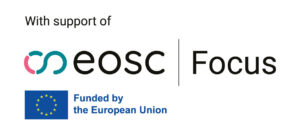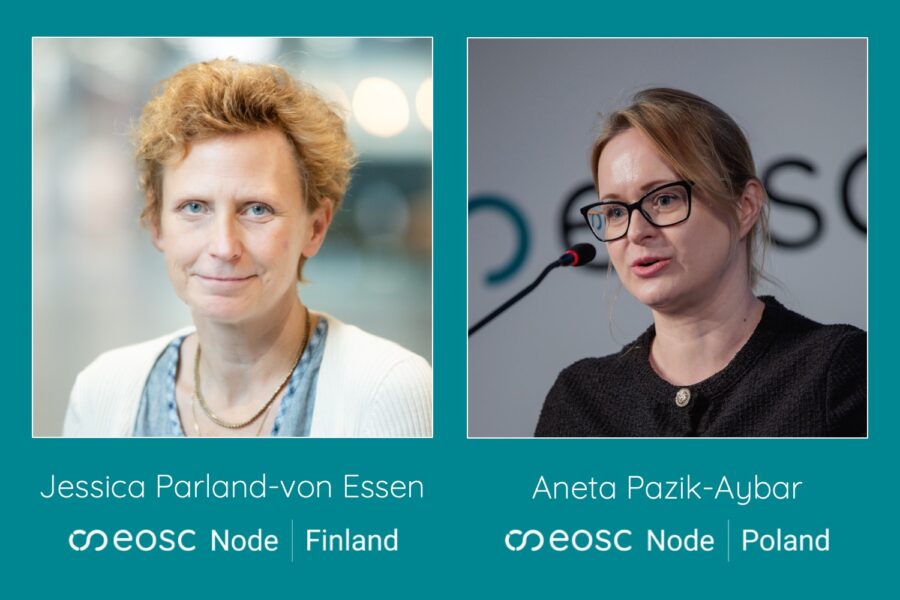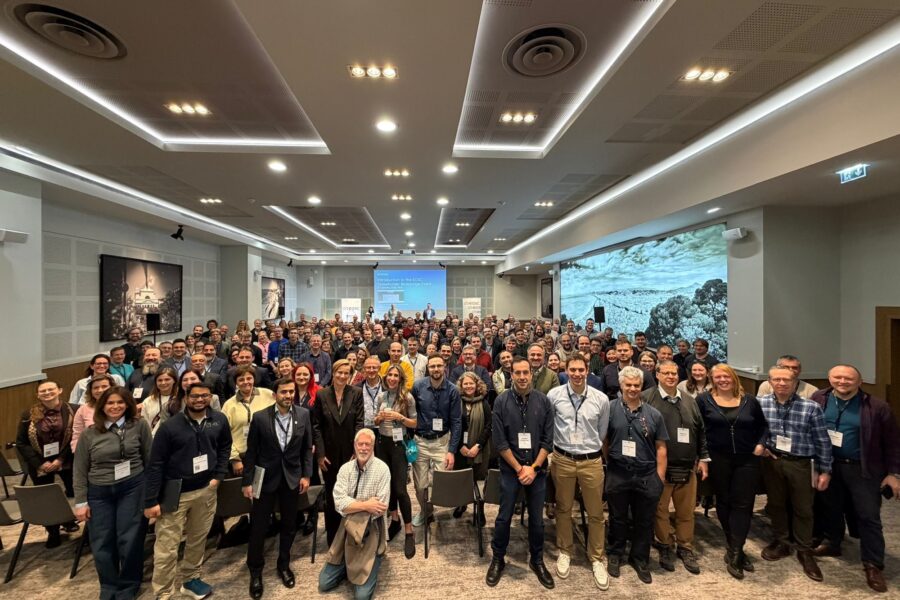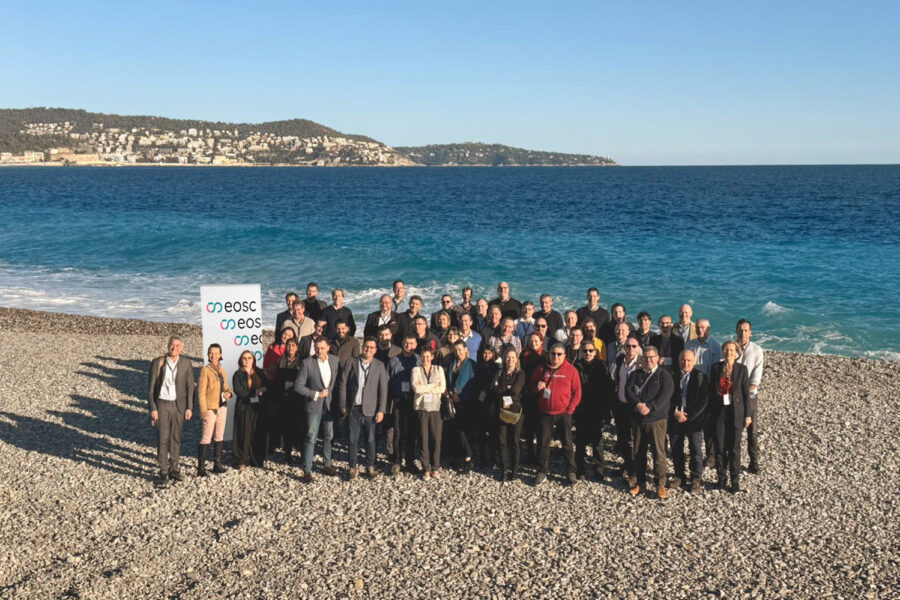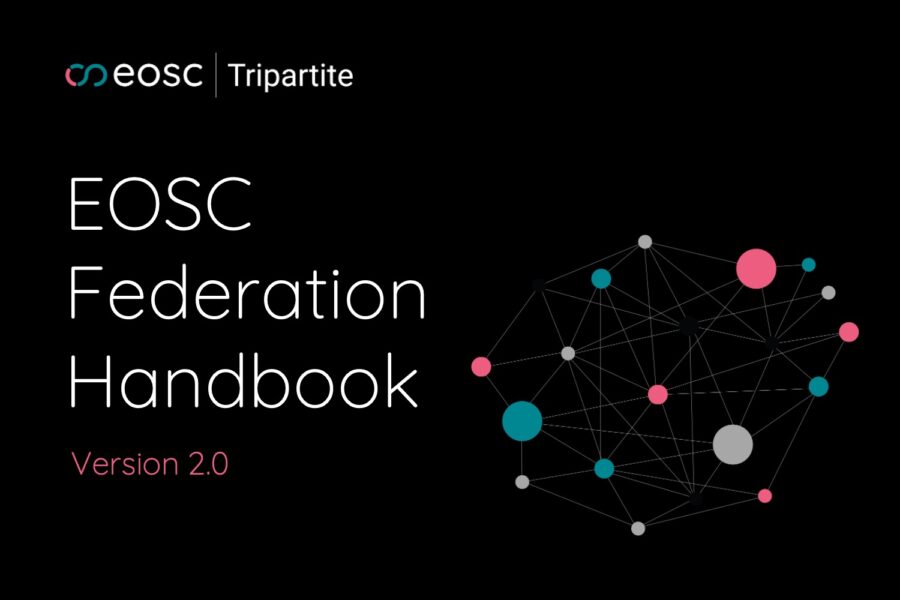LJUBLJANA — Slovenia’s second National Tripartite Event (NTE) took place on 03–04 December 2024 at the Four Points Sheraton Hotel in Ljubljana. Over a hundred participants gathered on the first day of the event to learn about the build-up phase of the EOSC Federation and the opportunities the network will bring to research communities across Europe.
Organised by the Academic and Research Network of Slovenia (ARNES), the country’s provider of digital services for research and the Mandated Organisation of Slovenia in EOSC-A, the event was an integral part of the Open Science Day. It focused on pan-European collaboration through EOSC, FAIR research data, and data infrastructures as the foundation for scientific advancement.
Following welcome words by ARNES director Marko Bonač, the NTE was officially opened by Jure Gašparič, State Secretary of the Ministry of Higher Education, Science, and Innovation.
EOSC Federation in the spotlight
The first panel dived directly into the heart of the matter and discussed the current status of the EOSC Federation. After thorough preparations, an exciting period has begun, with a first wave of Candidate EOSC Nodes aimed to be enrolled in 2025.
The panel, composed of representatives from Slovenian institutions, the European Commission, EOSC-A, and the EOSC Steering Board, shared expectations and key considerations for setting up EOSC Nodes, including Slovenia’s own potential EOSC Node. The panel was moderated by Peter Sterle from the Ministry of Education, Science and Innovation, who represents Slovenia on the EOSC Steering Board.
The formation of EOSC Nodes is the organisational and technical side of Open Science, but the ultimate goal of the process is to serve the scientists. As Jan Jona Javoršek, Head of Network Infrastructure Center at the Jožef Stefan Institute, put it, it is possible to make Open Science a success.
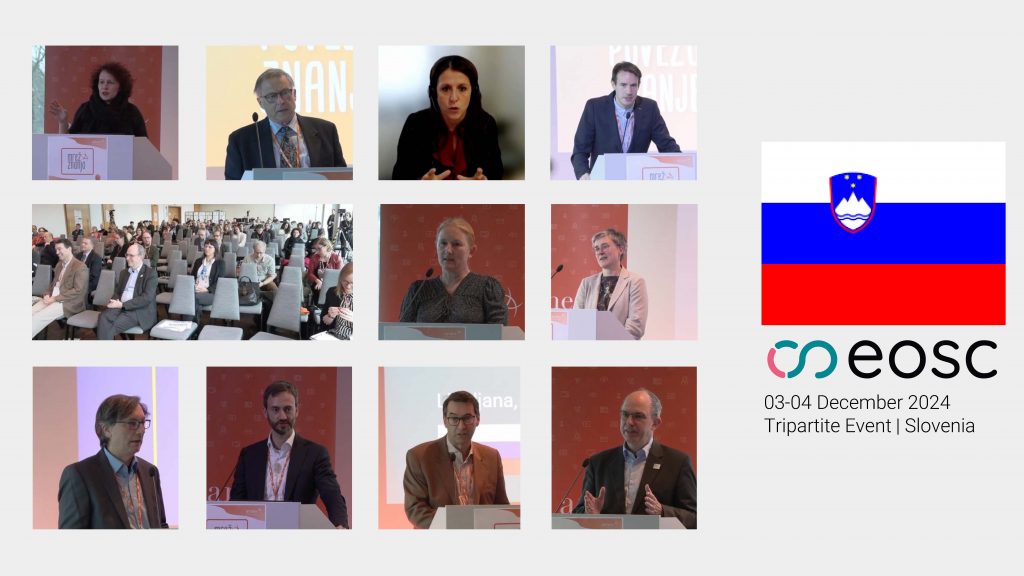
Tangible examples of Open Science practices
Next, the attention turned to practical examples of Open Science implementation by organisations in Slovenia, Europe, and the United States. Marko Drobnjak from ARNES moderated the session.
While Open Science may still seem new to some, its success stories are well-documented in most scientific disciplines all over the world. Particle physics may rightly be seen as a leader thanks to CERN’s role as the instigator and supporter of Open Science from its early beginnings. Other infrastructures, such as CLARIN, which focuses on language studies, demonstrate how data sharing and Open Science practices boost research and contribute to societal advancement.
Open access models
In the afternoon, the focus shifted to the regulatory aspects of research data management and open access models. The panellists engaged the audience in discussions on copyright, access and usage rights, highlighting that a good regulatory framework is as important for Open Science as a proper organisational setting.
The final panel was dedicated to open access and publications, a topic of central importance for scientists because of the impact it has on their daily tasks and long-term careers. Dejan Dvoršek from the European Commission presented the Open Research Europe platform, the Commission’s initiative to create an open publication system. The platform is now available to Horizon Europe projects, with plans to open up for all European researchers toward the end of the current Horizon Europe framework programme.


